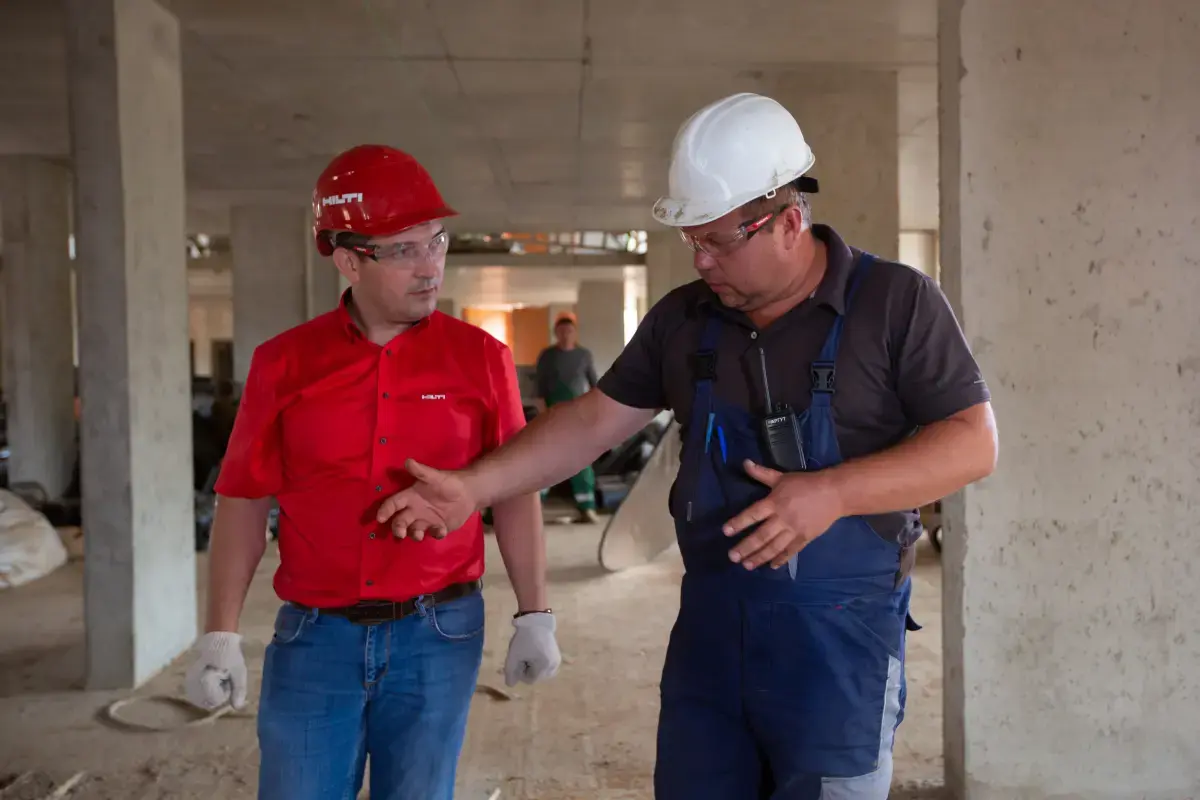
Apprentice Job Description
What is a Apprentice Professional?
An apprentice is a person who completes on-the-job training to learn a trade. Apprentices are usually paid while they complete their training, which can last for several years. After completing an apprenticeship, the person becomes a journeyman and may find employment in the occupation they have trained for. Most occupations that require an apprenticeship involve skilled trades such as carpentry, plumbing, electrical work or welding. In some cases, people with little previous experience in the desired field may be able to enter into an apprenticeship program if they possess other related skills or qualities that make them suitable candidates for the job. For example, someone interested in becoming a carpenter might be able to get started as an apprentice if they already know how to use basic woodworking tools like saws and hammers.

What does a Apprentice Expert do?
The first step towards becoming an apprentice is typically finding a sponsor who is willing to take on trainees within their business. The sponsor will then apply for registration of their Apprentice Training Agreement with Apprenticeships Queensland (in Australia). Once registered, the sponsorship arrangement creates legal obligations between both parties including insurance cover and superannuation contributions from the employer.

What are the Skills of a Apprentice?
An apprentice needs a range of skills and experience in order to be successful. Some of the key skills an apprentice needs include: - Communication: Apprentices need to be able to communicate effectively with their employer, mentors and other members of the team. They need to be able to listen carefully and ask questions when they don’t understand something. - Organisational: An apprentice will often have several tasks or projects on the go at any one time, so good organisational skills are essential in order to keep on top of everything. This includes being able to prioritise workloads and meet deadlines. Being proactive rather than reactive is also important – if an issue arises, it’s better for an apprentice to identify what needs doing and take action, rather than wait for someone else to tell them what to do. Attention to detail is another critical aspect of good organisation. ``Small things can easily be overlooked but can make a big difference (for example, proofreading documents before sending them out

What makes an Expert Apprentice?
Many apprenticeships involve working on research projects as part of your duties.. Therefore ,being adept at finding relevant information quickly and accurately is vital . This might involve using online databases , contacting experts in your field or trawling through library resources . The ability to research independently will stand you in good stead for further study or training later down the line too Interpreting data gathered through research correctly is just as important as conducting there search itself poor analysis could lead to decisions being made based on flawed evidence which could have negative consequences further down the road Another skill that seems obvious but nevertheless incredibly valuable istheabilityto think critically

What level of Experience & Qualifications are required to be a Apprentice?
Industry Experience: - 0 years in the relevant field or vocation - Knowledgeable in all aspects of their craft and knowledgeable of industry standards, protocols, and best practices - Basic understanding of tools, techniques and methods necessary to their particular vocation Training: - On the job training by an experienced mentor/instructor with a successful track record in teaching apprentices. Qualifications: - Mastery exams to demonstrate specific skills learned during training. - Ability to think critically and creatively as needed for problem solving. Education: - High school diploma/equivalency certification or GED attainment (if required) - Relevant postsecondary degree from accredited college or university

What is the Salary of a Apprentice?
A Junior Apprentice salary is usually set at the minimum wage (or close to it), as stated by law. This is applicable for apprenticeships lasting for up to a year and in areas such as carpentry or engineering. An apprentice with more than a year of experience can expect to be paid around £7 per hour, while an experienced Senior Apprentice may earn anywhere from £9 – 12 per hour depending on industry and age. Further progression into management roles in the company or sector that they trained within is likely to result in increased pay-scale again but this will once again depend on age and size of company hiring.

What are the Working Conditions for a Apprentice?
Apprentice working conditions vary depending on the type of apprenticeship and the industry in which it is completed. Generally, apprentices are required to work for a predetermined period of time to meet their training objectives. Most apprentices work full-time, but part-time arrangements can sometimes be negotiated if deemed necessary by both parties. Apprentices typically require weekly meetings with their mentor/supervisor or employer to discuss job requirements and skills development, as well as complete assessments or certain tasks that are included in the training plan. Most jobs will also involve working closely with experienced staff members within the organisation where they will be able to develop their knowledge and skills. Generally speaking, an apprentice must adhere to standard workplace guidelines while completing their training as outlined by relevant regulatory boards or governing bodies; Apprentices should try and maintain a professional attitude at all times when communicating with colleagues, supervisor/mentor and customers - this includes wearing suitable clothing (as determined by relevant regulation), demonstrating appropriate behaviour patterns (determined if necessary) at worksites including maintaining safety standards etc., following any safety protocols onsite e.g., using appropriate protective equipment etc!, arriving promptly for shifts etc.. Additionally, complying with rules set out concerning conflict resolution between colleagues , privacy laws etc may also be required depending on individual companies/states laws . Networking events inside as well outside of one’s own field may also need attendance from time-to-time looking towards job switch career opportunities at different locations throughout Australia or even overseas , while during unpaid leave apps can participate in other optional activities such as travelling abroad etx that would help support ones career development..

What are the roles and responsibilities of a Apprentice?
Shadowing and assisting more experienced employees
Learning company policies and procedures
Receiving on-the-job training in desired trade or occupation
Developing new skills under the guidance of a mentor
Completing assigned tasks and meeting deadlines set by supervisor
Practicing safety measures while completing job duties
Properly cleaning up work areas after completing tasks each day
To learn and develop the skills required for their chosen trade
Attend relevant training courses as part of their apprenticeship
Work towards completing all aspects of their NVQ/SVQ qualification
Be proactive in seeking out new tasks and responsibilities within their role in order to gain further experience
Show a willingness to help out other members of staff whenever possible
Take on any reasonable request from Their Mentor / employer relating to learning or work experience opportunities etc… with good grace
Maintain regular contact with Their Apprenticeship Training Provider
completes agreed Log Books, timesheets, Job Sheets portfolio’s accurately
Inform line manager immediately if they are having difficulties understanding any aspect ofThe job role
so that alternative methods of support can be arranged where necessary
progressing against The expectations set down in The Individual Learning Plan – updating this regularly
laissez faire attitude ability
behave like a sponge
take initiative
thoroughly research Your field before asking questions

Where can I find Apprentice jobs?
- Create a profile on gigexchange and promote your Apprentice skills to advertise you are Open to New Work Opportunities
- Ensure your Resume (or CV), or online work profile is up to date and represents your skills and experience. Ensure your reputation reflects your ability & attitude.
- Apply for Apprentice Jobs advertised on gigexchange.
- Practise Apprentice interview techniques to ensure you represent your personality and ability succinctly and confidently.
- Accept the job offer if the salary meets your expectations and the employer mission and purpose reflects your core values.
Jobs
What are the best job boards for Trades Trainee jobs?

How can I hire Apprentice staff online for my business?
The best job board for recruiting Apprentice experts is gigexchange.com. Advertise full-time, part-time or contract jobs to find, hire & recruit trusted, experienced and talented Apprentice candidates near you.

Are Apprentice roles in demand in 2026?
Apprentice experts are still in high demand in 2026. If you are an experienced Apprentice or looking to train and become one. The job market is looking strong for Apprentice jobs near me.